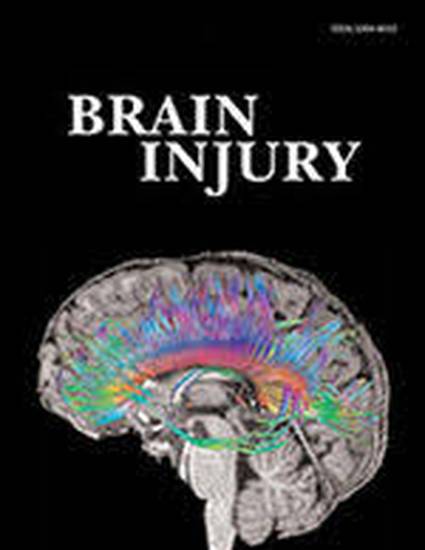
Article
An evaluation of the paediatric acquired brain injury community outreach programme (PABICOP)
Brain Injury
(2006)
Abstract
Primary objective: To examine the utility of a coordinated, family/community-focused programme (PABICOP) vs. a standard approach for improving outcomes for children with ABI and their families.
Research design: Pre-test–post-test design, with comparison group and follow-up.
Methods and procedures: Ninety-six children (64 children receiving PABICOP services and 32 children receiving standard care) participated in the study. Measures were completed at baseline and 3 and 12 months later.
Main outcomes and results: Parents/caregivers with more than 10 contacts with PABICOP scored significantly higher on an ABI knowledge quiz than either parents/caregivers with 10 contacts or less or the comparison group at post-test and follow-up. Parents/caregivers with 10 contacts or less with PABICOP reported significantly greater improvements in children's school and total competence on the CBCL than either parents/caregivers with more than 10 contacts or the comparison group at post-test and follow-up.
Conclusions: PABICOP may be more useful for enhancing knowledge of ABI for parents/caregivers and for integrating children into the community over a 1-year period than a standard approach. The amount of service received appears to influence outcomes.
Keywords
- Acquired brain injury,
- paediatric ABI,
- rehabilitation,
- community outreach,
- program evaluation,
- family outcomes,
- child outcomes
Disciplines
Publication Date
2006
DOI
https://doi.org/10.1080/02699050600975541
Citation Information
McDougall, J., Servais, M., Sommerfreund, J., Rosen, E., Gillett, J., Gray, J., Sommers, S., Frid, P., DeWit, D., Pearlman, L., & Hicock, F. (2006). An evaluation of the Pediatric Acquired Brain Injury Community Outreach Programme (PABICOP). Brain Injury, 20(11), 1189-1205. doi:https://doi.org/10.1080/02699050600975541
